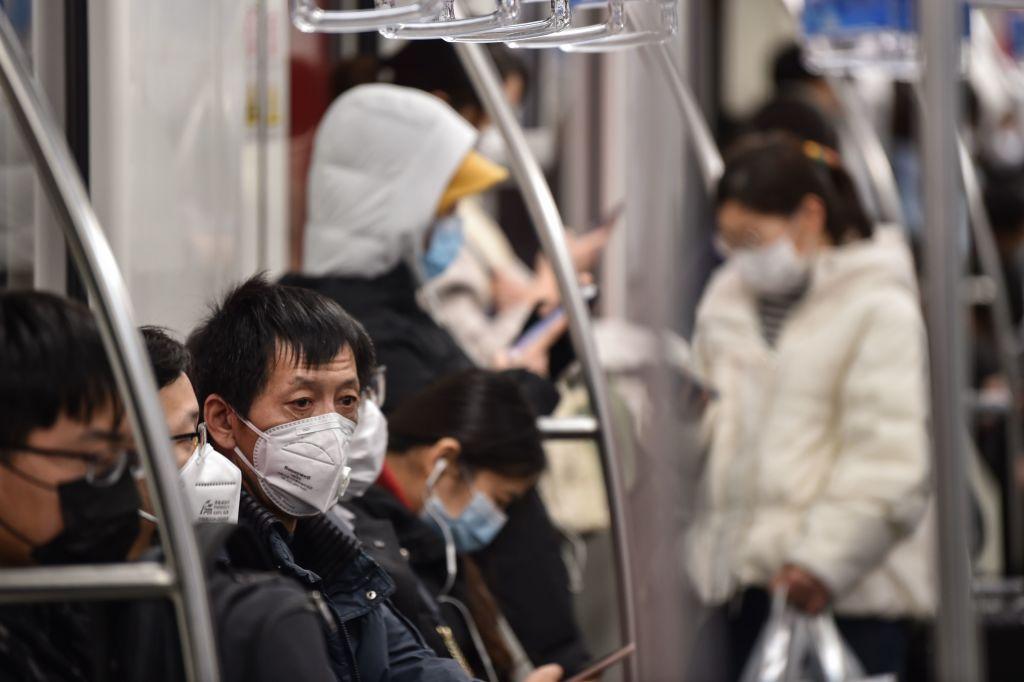Another doctor has died at the Wuhan Central Hospital, located at the epicenter of the current novel coronavirus outbreak.
Zhu Heping, an ophthalmologist and deputy chief physician, was hospitalized in mid-February after contracting the COVID-19 virus, according to a report by Chinese state-run media The Paper that cited comments made by multiple unnamed staff members at the hospital. He died on March 9 after emergency rescue efforts failed to revive him.





